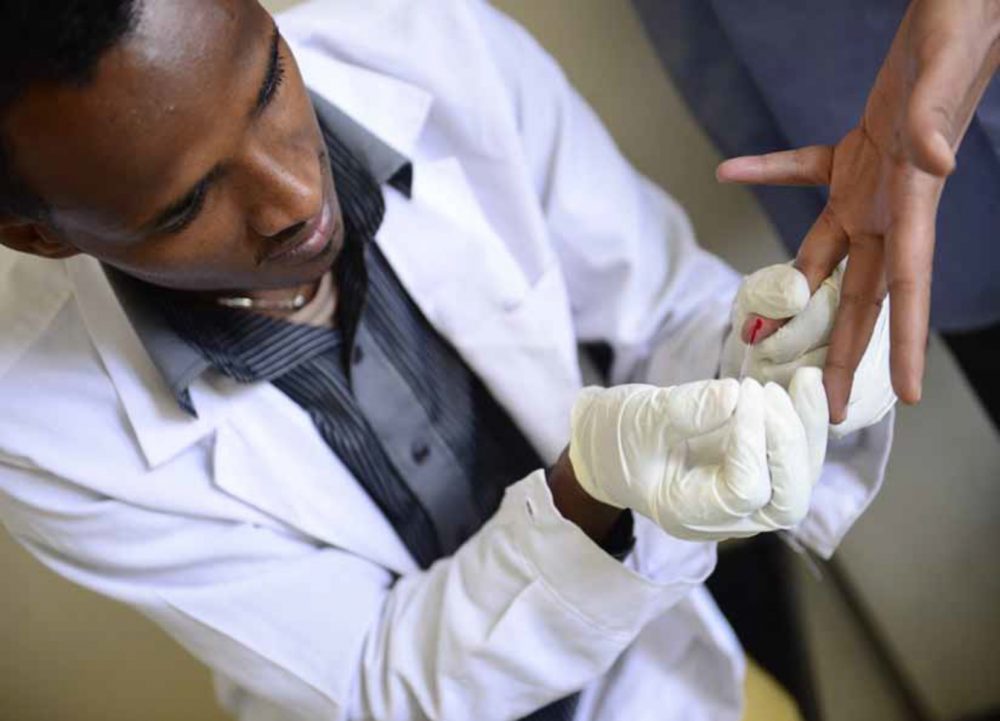Diabetes
Diabetes Mellitus is a chronic metabolic disease characterized by elevated blood glucose
There are three main forms of diabetes: type 1, type 2, and gestational diabetes. Type 2 diabetes is the most common, accounting for approximately 85% to 90% of all cases. It is related to modifiable risk factors such as obesity or overweight, physical inactivity, and high-calorie diets of low nutritional value.
Methabolic syndrome is characterized by the presence of prediabetes in conjunction with one other cardiovascular disease (CVD) risk factor (hypertension, upper body obesity or dyslipidemia)
Infectious diseases, HIV/AIDS and poverty have traditionally dominated Africa but diabetes has become a new priority. Diabetes occurs when the pancreas does not produce enough insulin or when the body cannot effectively use the insulin it produces.
The main symptoms of diabetes include increased thirst, needing to urinate more often than usual, and increased hunger. There are three different types of diabetes called type 1, type 2 and gestational diabetes. Surveys carried out recently in Africa indicate that up to 15% of adults aged 25 to 64 have diabetes. Diabetes is often a silent condition and a significant number of people are unaware that they have the disease.
Diabetic patients often lack access to proper treatment and diabetic medications, especially insulin, resulting in avoidable complications. Complications include neurological, vascular or visual disorders, heart disease, stroke, lower limb amputation, kidney failure and many other chronic conditions.
Diabetes in Africa is a serious, chronic and costly disease that is estimated to rise to 23.9 million cases by 2030. Diabetes risk factors include physical inactivity, overweight and obesity, tobacco use and consuming foodstuffs that are high in bad fats and calories.


